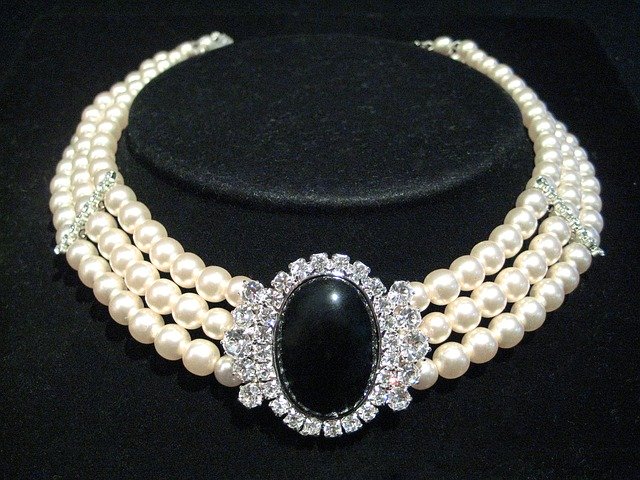The jewelry industry in the United States is currently worth 39 Billion dollars, projected to grow at a rate of 7 billion dollars each year. That impressive number makes sense, especially when considering the current average of marriages per year in the U.S. sits around 2 million.
Generally, jewelry is sold by traditional brick and mortar stores, meaning they are marked up and resold by large retailers for a profit. This has been the status quo for decades, but a new trend has been disrupting the industry: wholesale jewelry. With the spike in wholesalers selling to the general public, brick and mortar stores are beginning to feel the heat. Here’s what you need to know about wholesale jewelry.
What is Wholesale Jewelry?
To understand the current jewelry industry, we first need to understand the difference between a retailer and a wholesaler. A retailer will generally purchase jewelry from a wholesaler, a company that buys bulk products from manufacturers and sells to retailers at a discounted price. Common jewelry retailers are companies like Kay, Tiffany, and Zales. Wholesale companies are much less widely known because they market to businesses instead of consumers, but that is beginning to change.
Today, you can also find wholesalers willing to sell directly to consumers instead of using retailers as a middleman. In the past, wholesalers didn’t have the resources available to sell effectively, but with the advent of internet selling, purchasing directly from wholesalers has become an option for most people with a computer. You can buy jewelry wholesale at various websites, and there are plenty of reputable companies with long-standing reviews and experience. After all, wholesale jewelry is the same jewelry you can find in a retail shop; it simply skips the extra fees tacked on by brick and mortar stores.
Lower Prices
So why does the introduction of wholesalers threaten the existence of jewelry retailers? To put it simply, wholesalers have better prices for the exact product as retailers. A retailer will purchase a ring from a wholesaler, mark it up 15%, and then add extra expenses like the salesman’s commission, the bills paid for the store, etc.
With a wholesale jewelry company, you’re cutting out the middleman and eliminating all of the extra expenses associated with retailers. As a result, consumers are beginning to see lower prices and higher quality with wholesalers, and some are taking their business elsewhere. Brick and mortar stores need to up the ante when it comes to pricing if they want to keep their competitive edge.
New Trends
The results of this new trend are staggering. More and more people are abandoning the traditional route of purchasing jewelry and heading online to find the most competitive prices for expensive jewelry. In the wake of Covid-19, most buyers are only looking online for their products, meaning wholesalers have a massive advantage over retailers. While sales of jewelry dropped in 2020 after the virus hit, most businesses are recovering, and wholesale is starting to look much more reasonable as an option for high-quality jewelry.
If you’re thinking of buying jewelry wholesale, do your research. Buying online means lower prices, but it also means a higher risk of receiving faulty jewelry. Read reviews and scope out the legitimacy of a deal before you order. After all, most jewelry is costly, and sending a large amount of money to a company over the internet requires a certain amount of trust. Going the wholesale route for an engagement ring or anniversary present is a great way to save money, retain quality, and make yourself or a certain someone extremely happy.







Recent Comments